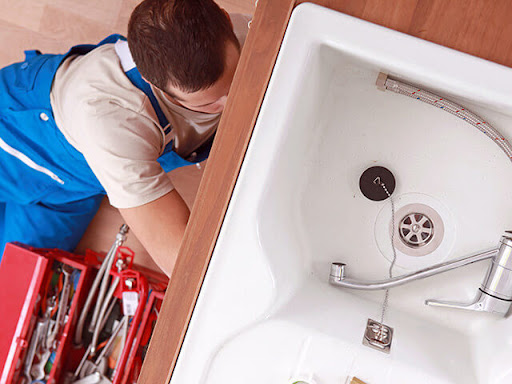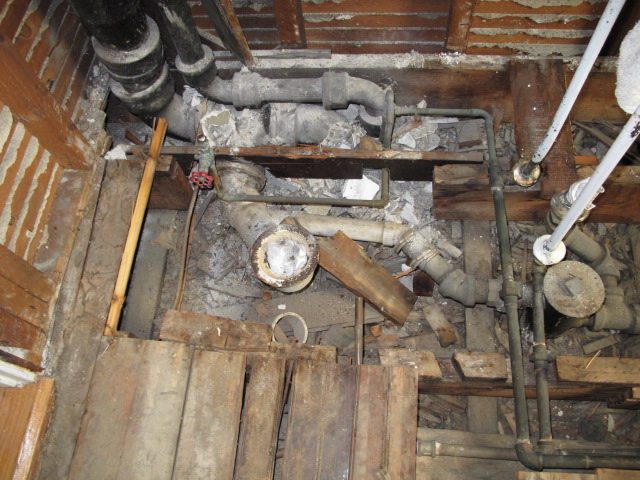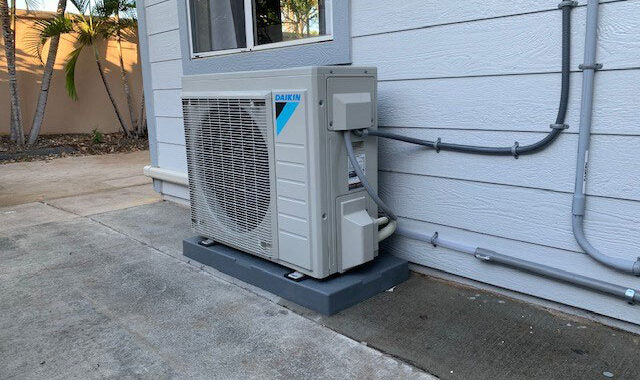Importance of Regular Plumbing Maintenance

In the hustle and bustle of daily life, it’s easy to overlook the critical components that keep our homes functioning smoothly. One such often neglected aspect is plumbing. Regular plumbing maintenance is not just a good practice; it’s a crucial investment in the well-being of your home and your family. In this article, we delve into the importance of routine plumbing maintenance, exploring how it can prevent costly issues and contribute to a healthier living environment.
The Hidden Dangers of Neglected Plumbing
1. Water Damage Prevention
Unchecked plumbing issues can lead to water damage, which is not only a structural concern but also a potential health hazard. Leaky pipes, dripping faucets, or clogged drains can result in water accumulation, promoting the growth of mold and mildew. These hidden threats can compromise the air quality in your home, triggering respiratory issues and allergies.
2. Cost-Efficiency in the Long Run
Regular plumbing maintenance might seem like an additional expense, but it pales in comparison to the potential costs of major repairs. By addressing minor issues promptly, you prevent them from escalating into more significant problems that could require extensive repairs or replacements. It’s a proactive approach that saves you money in the long run.
The Benefits of Scheduled Plumbing Maintenance
1. Extended Lifespan of Plumbing Systems
Just as regular exercise contributes to a healthier body, routine maintenance enhances the longevity of your plumbing systems. Professional inspections, timely repairs, and preventive measures can significantly extend the lifespan of pipes, fixtures, and appliances. This not only saves you money on replacements but also ensures consistent performance over the years.
2. Improved Water Quality
Plumbing maintenance involves thorough checks of your water supply system. Any issues with contamination or impurities can be detected and addressed promptly, ensuring that your family has access to clean and safe water. This is a fundamental aspect of maintaining good health and well-being. If you are interested in learning more about emergency plumbing repair, check out their page for more info.

DIY Plumbing Maintenance Tips
While professional plumbing inspections are indispensable, there are several simple steps homeowners can take to contribute to the longevity of their plumbing systems:
1. Regularly Inspect for Leaks
Keep an eye out for any signs of leaks, such as water stains on walls or ceilings. Even minor leaks can lead to substantial damage over time.
2. Clear Drains Periodically
Prevent clogs by regularly clearing drains using natural remedies or commercial drain cleaners. Avoid pouring harsh chemicals down drains, as they can damage pipes.
3. Monitor Water Pressure
Excessive water pressure can strain your plumbing system. Use a pressure gauge to ensure that your water pressure is within the recommended range.
Conclusion
In conclusion, regular plumbing maintenance is not just a prudent investment; it’s a responsibility that comes with homeownership. By prioritizing the health of your plumbing systems, you are safeguarding your home and family from potential hazards. Don’t wait for a major plumbing disaster to strike—take proactive measures to ensure a smoothly running household.


 The Psychology of Branding
The Psychology of Branding  Nosboss Cream Chargers for Melbourne Customers
Nosboss Cream Chargers for Melbourne Customers  How to Use Your Air Conditioner
How to Use Your Air Conditioner  Yemeni Language in Preserving Cultural Heritage
Yemeni Language in Preserving Cultural Heritage  Running Seasonal Advertising Campaigns
Running Seasonal Advertising Campaigns  Omega-3 for Reducing the Risk of Stroke
Omega-3 for Reducing the Risk of Stroke